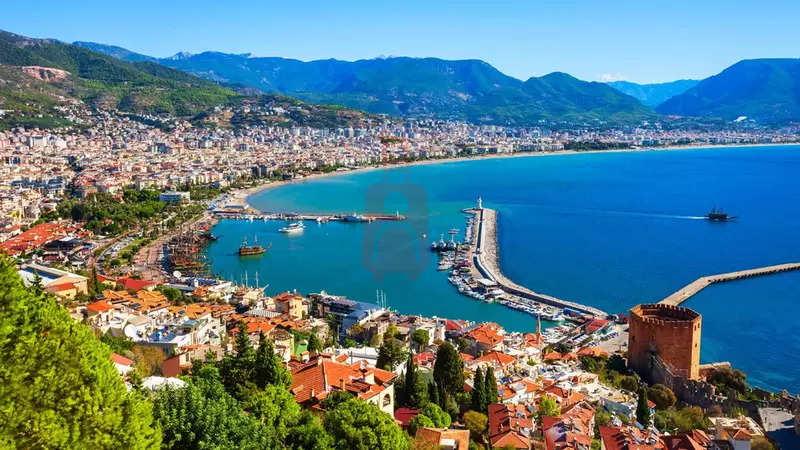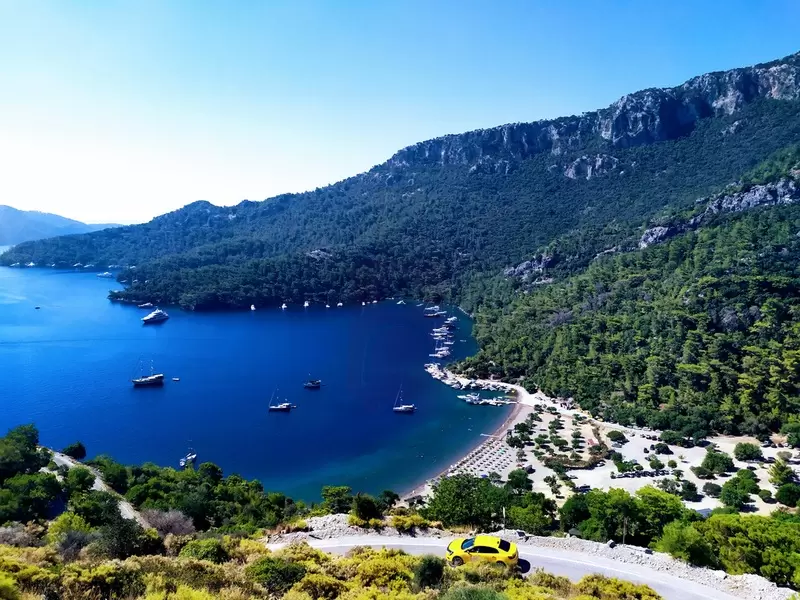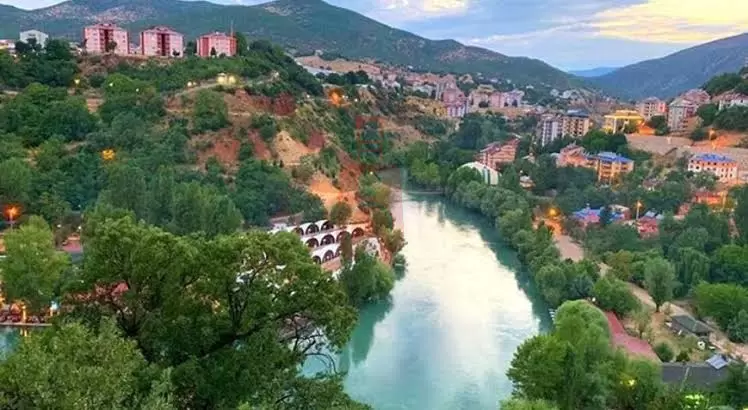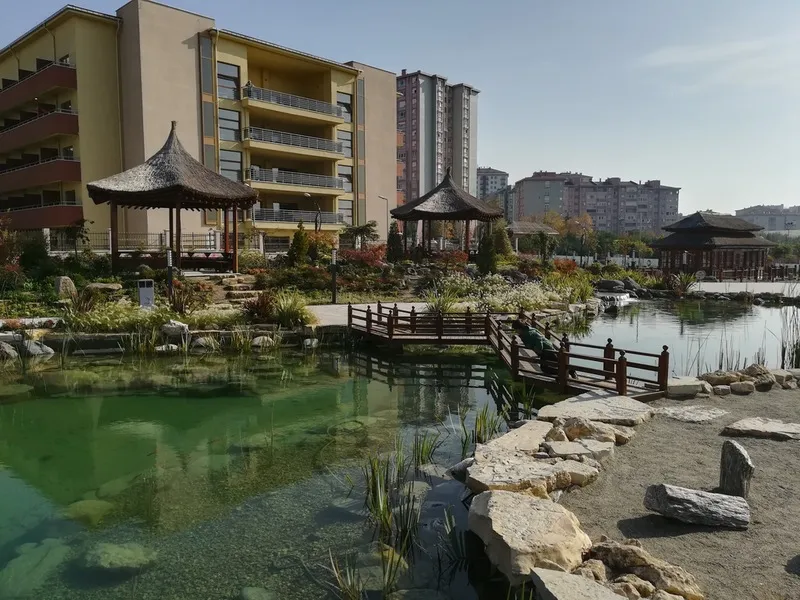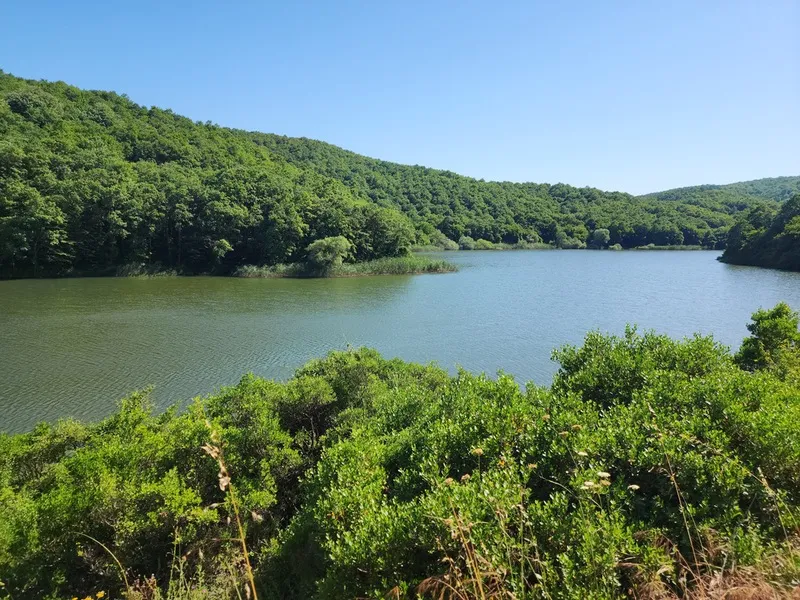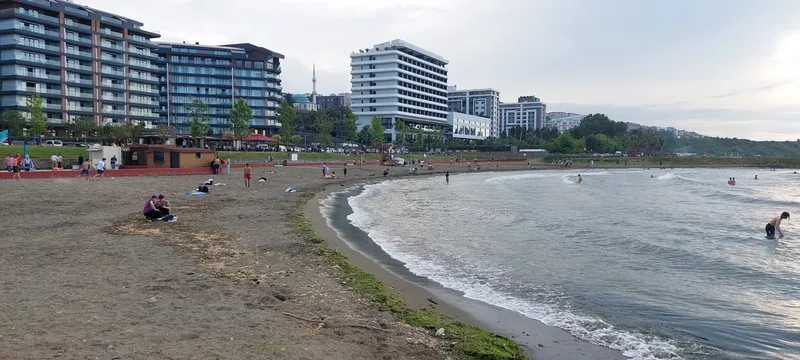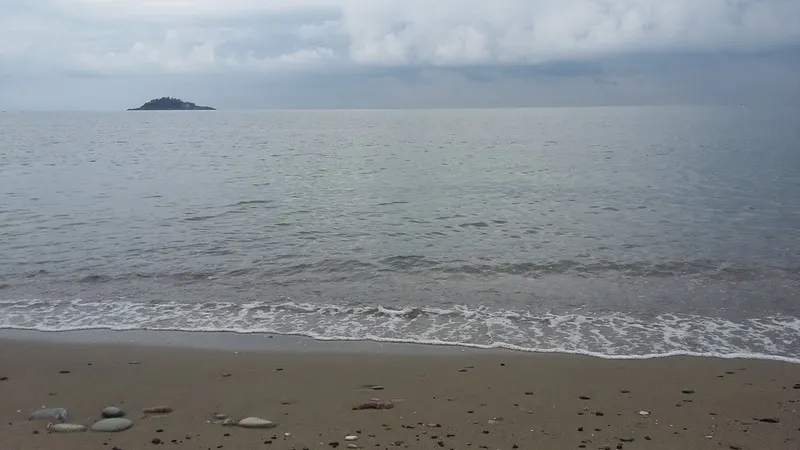## Wildlife Conservation Trips in Türkiye: An Immersive Journey Türkiye, a land bridging Europe and Asia, is renowned for its rich history, vibrant culture, and stunning landscapes. However, beyond the bustling cities and ancient ruins lies a treasure trove of biodiversity, making it an increasingly important destination for wildlife conservation. Embarking on a wildlife conservation trip in Türkiye offers a unique opportunity to contribute to the protection of endangered species and fragile ecosystems while experiencing the beauty of this captivating country. <p>These trips are not merely about observing wildlife; they are about active participation in research, habitat restoration, and community engagement. They offer a hands-on learning experience, allowing travelers to work alongside dedicated conservationists and gain a deeper understanding of the challenges and rewards of protecting Türkiyes natural heritage. From tracking elusive predators to monitoring nesting sites, these experiences are designed to make a tangible difference.</p> <h3>Why Choose Wildlife Conservation in Türkiye?</h3> <p>Türkiyes geographical location at the crossroads of continents has resulted in a diverse range of flora and fauna. The country is home to iconic species such as the Anatolian Leopard (thought to be extinct but with possible recent sightings), the Brown Bear, the Grey Wolf, the Mediterranean Monk Seal, and numerous species of migratory birds. However, habitat loss, poaching, and climate change pose significant threats to these populations.</p> <p>Participating in wildlife conservation in Türkiye offers several benefits:</p> <ul> <li><b>Direct Contribution:</b> You will actively contribute to the protection of endangered species and their habitats.</li> <li><b>Educational Experience:</b> You will learn about Turkish biodiversity, conservation challenges, and research methodologies from experienced professionals.</li> <li><b>Cultural Immersion:</b> You will have the opportunity to interact with local communities and learn about their relationship with the natural world.</li> <li><b>Adventure and Exploration:</b> You will explore remote and beautiful regions of Türkiye, experiencing its diverse landscapes and wildlife.</li> <li><b>Personal Growth:</b> You will gain a sense of purpose and accomplishment by making a positive impact on the environment.</li> </ul> <h3>Destinations and Conservation Projects</h3> <p>Türkiye offers a variety of destinations and conservation projects catering to different interests and skill levels. Here are some examples:</p> <h4>Mediterranean Monk Seal Conservation in [Foça] and [Gökova Bay]</h4> <p>The Mediterranean Monk Seal is one of the worlds most endangered marine mammals. These projects focus on monitoring seal populations, protecting their breeding caves, and raising awareness among local communities about the importance of conservation. Volunteers may participate in coastal surveys, underwater monitoring, and community outreach programs. [Foça] is a historical town that combines this conservation work with cultural visits and the natural beauty of the Aegean coast. [Gökova Bay], with its pristine waters, is an ideal setting for observing this elusive species in its natural habitat.</p> <h4>Sea Turtle Conservation in [Belek] and [Dalyan]</h4> <p>Türkiyes Mediterranean coastline is a crucial nesting ground for Loggerhead and Green Sea Turtles. Conservation projects in [Belek] and [Dalyan] involve monitoring nesting beaches, protecting nests from predators and human disturbance, and educating tourists and locals about sea turtle conservation. Volunteers may participate in night patrols, nest relocation, and data collection. [Belek] offers long stretches of sandy beaches ideal for nesting, while [Dalyan], with its river delta and Iztuzu Beach, is a unique ecosystem that supports a diverse range of wildlife, including sea turtles.</p> <h4>Bird Conservation in [Lake Manyas] and [Kızılırmak Delta]</h4> <p>Türkiye is a vital stopover point for migratory birds traveling between Europe, Asia, and Africa. [Lake Manyas] and the [Kızılırmak Delta] are designated Important Bird Areas (IBAs) that support a vast array of bird species. Conservation projects in these areas focus on monitoring bird populations, protecting wetland habitats, and controlling invasive species. Volunteers may participate in bird counts, habitat restoration projects, and educational programs. [Lake Manyas] is a shallow lake with extensive reed beds, providing ideal habitat for waterfowl and wading birds. The [Kızılırmak Delta], formed by Türkiyes longest river, is a mosaic of wetlands, forests, and agricultural lands, supporting a rich diversity of birdlife.</p> <h4>Brown Bear and Grey Wolf Research in [Kars] and [Artvin]</h4> <p>The remote and rugged landscapes of northeastern Türkiye provide habitat for Brown Bears and Grey Wolves. Research projects in [Kars] and [Artvin] aim to study the behavior, ecology, and distribution of these predators to inform conservation strategies. Volunteers may participate in camera trapping, track surveys, and habitat assessments. [Kars] and [Artvin] are located in the Caucasus region, characterized by high mountains, dense forests, and vast grasslands. These regions offer a unique opportunity to experience the wild side of Türkiye and contribute to the conservation of its apex predators.</p> <h4>Habitat Restoration Projects in [Göreme National Park (Cappadocia)]</h4> <p>While Cappadocia is famous for its unique geological formations and historical sites, the surrounding ecosystems are also vital and require protection. Habitat restoration projects within and around [Göreme National Park] focus on combating erosion, planting native vegetation, and creating sustainable grazing practices. Volunteers may participate in planting trees, building erosion control structures, and removing invasive plant species. These efforts help to preserve the biodiversity of the region and protect the delicate balance of the ecosystem. Furthermore, this offers a chance to experience the stunning landscapes of Cappadocia while contributing to their long-term preservation.</p> <h3>What to Expect on a Wildlife Conservation Trip</h3> <p>Wildlife conservation trips in Türkiye typically involve a combination of fieldwork, data collection, and community engagement. The specific activities will depend on the project and the time of year.</p> <p>Here are some common tasks that volunteers may be involved in:</p> <ul> <li><b>Wildlife Monitoring:</b> Conducting surveys, tracking animals, and monitoring nesting sites.</li> <li><b>Habitat Restoration:</b> Planting trees, removing invasive species, and building erosion control structures.</li> <li><b>Data Collection:</b> Recording observations, entering data into databases, and analyzing results.</li> <li><b>Community Outreach:</b> Educating local communities about conservation issues and promoting sustainable practices.</li> <li><b>Maintenance and Logistics:</b> Maintaining equipment, preparing meals, and assisting with logistical tasks.</li> </ul> <p>Accommodation and meals are typically provided by the project organizers. Accommodations may range from basic campsites to comfortable guesthouses. Be prepared for potentially challenging weather conditions and physically demanding activities. A good level of fitness and a willingness to work as part of a team are essential.</p> <h3>Preparing for Your Trip</h3> <p>Before embarking on a wildlife conservation trip to Türkiye, its important to do your research and prepare accordingly. Here are some tips:</p> <ul> <li><b>Choose a reputable organization:</b> Select a conservation organization with a proven track record and a clear commitment to ethical and sustainable practices.</li> <li><b>Check the project requirements:</b> Ensure that you meet the projects age, fitness, and skill requirements.</li> <li><b>Pack appropriately:</b> Pack comfortable clothing, sturdy footwear, and essential gear such as sunscreen, insect repellent, and a hat.</li> <li><b>Learn some basic Turkish:</b> Knowing a few basic Turkish phrases will enhance your interactions with local communities.</li> <li><b>Respect local customs:</b> Be aware of and respect Turkish culture and traditions.</li> <li><b>Obtain necessary visas and permits:</b> Ensure that you have the necessary visas and permits to enter Türkiye and participate in the project.</li> <li><b>Get travel insurance:</b> Purchase comprehensive travel insurance that covers medical expenses, trip cancellations, and other unforeseen events.</li> </ul> <h3>Making a Difference</h3> <p>By participating in a wildlife conservation trip in Türkiye, you can make a real difference in the lives of endangered species and the health of fragile ecosystems. Your contributions will help to protect Türkiyes natural heritage for future generations. More than just a trip, its a chance to connect with nature, learn new skills, and contribute to a cause that truly matters. The memories and experiences gained will stay with you long after you return home. Consider joining one of the many worthy projects in areas like [Kaş] for marine life conservation, [Munzur Valley National Park] for biodiversity research, or even contributing to sustainable agriculture initiatives in regions like [Aegean Region] to lessen the impact on wildlife habitats. Your journey can be a powerful catalyst for change, inspiring others to take action and protect the planet.</p>
